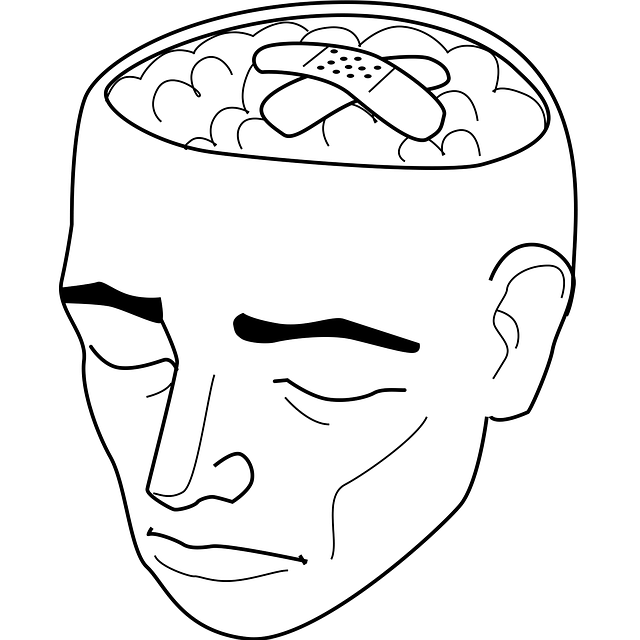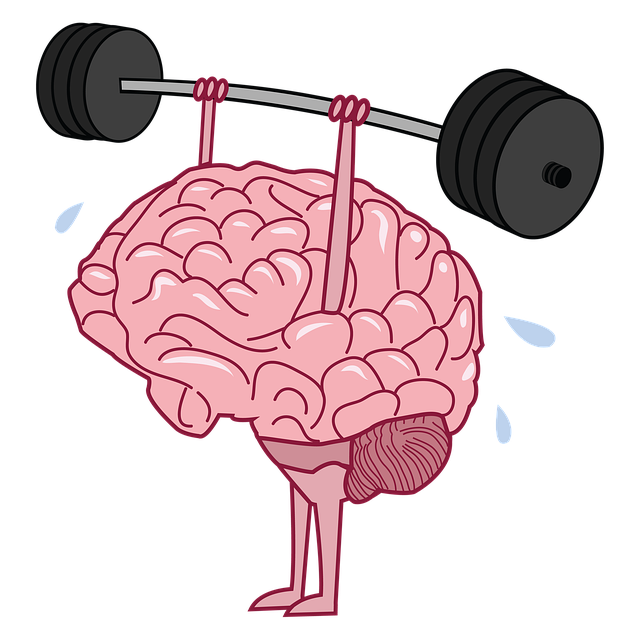Burnout among healthcare professionals in specialized fields like Louisville Adolescent and Teen Therapy is a growing concern, driven by high-stress situations, heavy caseloads, and limited resources. This leads to emotional, physical, and mental exhaustion, cynicism, and detachment. Mental Illness Stigma Reduction Efforts may hinder open discussions about struggles. To combat this, incorporating strategies like Mental Wellness Journaling Exercises, regular peer supervision, self-care workshops, mindfulness practices, and open communication is crucial for both individual well-being and maintaining high-quality healthcare services for Louisville's adolescents and teens.
In the demanding landscape of healthcare, especially within Louisville adolescent and teen therapy practices, burnout among providers is a pressing concern. This article delves into understanding burnout’s pervasive impact on mental health professionals and explores effective prevention strategies. We highlight specific initiatives proven to combat exhaustion in Louisville’s adolescent therapy settings, focusing on fostering supportive environments. By implementing these tactics, healthcare providers can enhance job satisfaction, improve patient outcomes, and ensure a more sustainable practice.
- Understanding Burnout Among Healthcare Providers
- Strategies for Preventing Burnout in Louisville Adolescent and Teen Therapy Practices
- Fostering a Supportive Environment to Combat Burnout
Understanding Burnout Among Healthcare Providers

Burnout among healthcare providers is a growing concern, particularly within specialties like Louisville Adolescent and Teen Therapy where professionals constantly juggle high-stress situations and emotional demands. It’s more than just feeling tired; it’s a state of emotional, physical, and mental exhaustion that can lead to cynicism and detachment from work. This phenomenon is exacerbated by long hours, heavy caseloads, and the constant exposure to challenging patient scenarios, especially when coupled with limited resources or support systems.
Understanding burnout at its core requires acknowledging the intricate interplay between professional responsibilities and personal well-being. The pressure to deliver optimal care while managing demanding workloads can lead to a gradual eroding of mental resilience. This is further complicated by the pervasive Mental Illness Stigma Reduction Efforts, which might discourage providers from openly discussing their struggles. Incorporating Depression Prevention strategies into daily practice becomes vital not just for individual recovery but also for maintaining the overall quality and sustainability of healthcare services provided to adolescents and teens in Louisville. Simple practices such as Mental Wellness Journaling Exercises can offer a much-needed outlet for reflection, helping providers process their experiences and maintain a sense of balance amidst the chaos.
Strategies for Preventing Burnout in Louisville Adolescent and Teen Therapy Practices

In the competitive landscape of Louisville Adolescent and Teen Therapy practices, preventing burnout among professionals is a paramount concern. Burnout Prevention strategies are essential to ensure therapists maintain their passion, empathy, and overall well-being while navigating the challenges of supporting young clients. Implementing confidence-boosting techniques, such as regular peer supervision and self-care workshops, can equip therapists with tools to manage stress and prevent emotional exhaustion. Self-Awareness Exercises, including mindfulness practices and reflective journaling, empower therapists to identify signs of burnout early and take proactive steps toward resilience.
Fostering a Supportive Environment to Combat Burnout

In the high-pressure environment of healthcare, especially within specialized fields like Louisville Adolescent and Teen Therapy, fostering a supportive atmosphere is paramount to combating burnout among providers. This involves creating a culture that prioritizes emotional well-being, encourages open communication, and offers resources for stress management. Regular team-building activities, peer support groups, and access to counseling services can significantly enhance resilience against occupational strain. By investing in these initiatives, healthcare organizations not only improve employee satisfaction but also ensure better patient care outcomes.
Emotional intelligence, along with self-esteem improvement techniques, plays a crucial role in this context. Encouraging mental health professionals to participate in workshops or training sessions focused on emotional regulation and interpersonal skills can equip them to handle challenging situations more effectively. Moreover, conducting regular risk assessments for mental health professionals (a practice often overlooked) can help identify early signs of burnout or stress, enabling timely interventions. Such proactive measures are essential steps towards creating a sustainable and supportive work environment in healthcare.
Healthcare provider burnout is a significant concern, especially within specialized fields like Louisville Adolescent and Teen Therapy. By implementing strategies that promote work-life balance, foster open communication, and create supportive environments, practices can mitigate burnout risks effectively. Encouraging self-care, providing mentorship programs, and regularly assessing staff well-being are key steps towards creating a healthier, more sustainable workforce. These measures not only benefit individual therapists but also enhance the overall quality of care provided to Louisville’s adolescents and teens.














